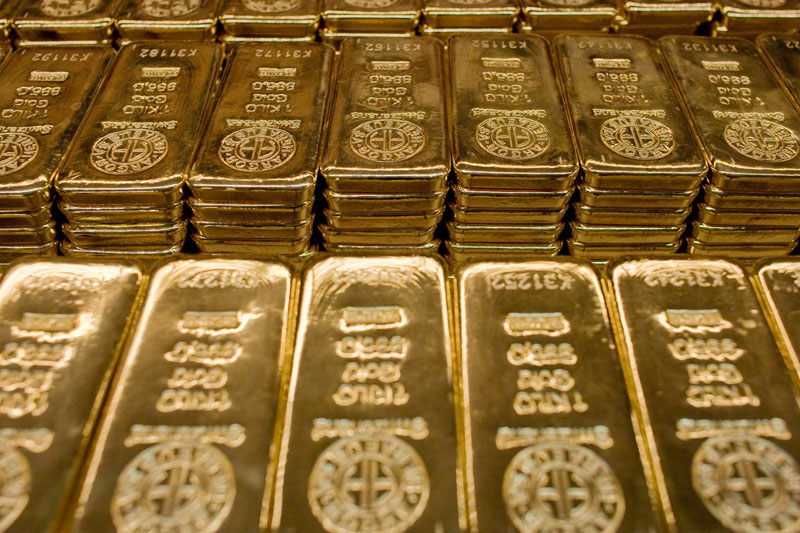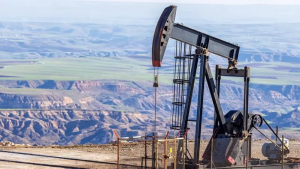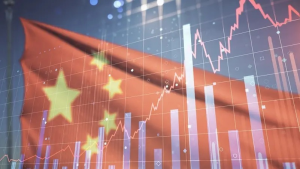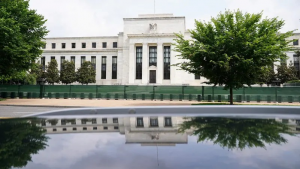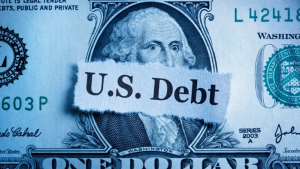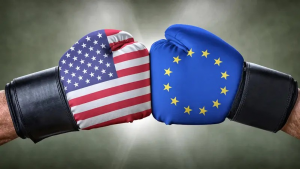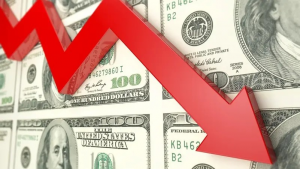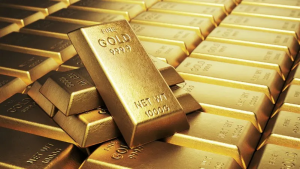Gold prices rose slightly in Asian trade on Wednesday, extending small gains from the prior session as demand for safe havens remained underpinned by the prospect of increased U.S. trade tariffs.
Still, bigger gains in gold were held back by resilience in the U.S. dollar, while easing tensions in the Middle East also sapped some demand for safe havens.
Spot gold rose 0.3% to $2,40.16 an ounce, while gold futures expiring in February rose 0.7% to $2,665.41 an ounce by 23:38 ET (04:38 GMT).
Trump threatens more trade tariffs U.S. President-elect Donald Trump threatened to impose additional trade tariffs on China, Canada and Mexico when he takes office, sparking increased concerns over a renewed trade war between the world’s largest economies.
Analysts warned that any steep tariffs could undermine global economic growth and also push up U.S. inflation- which presents a higher outlook for interest rates in the long term.
The dollar rose sharply on this notion, limiting overall gains in gold.
Safe haven demand for gold was also stymied by U.S. President Joe Biden announcing a ceasefire deal between Israel and Hezbollah, heralding a de escalation in the Middle East conflict.
Other precious metals were marginally positive on Wednesday. Silver futures rose 0.4% to $30.962 an ounce, while platinum futures edged higher to $932.05 an ounce.
Among industrial metals, benchmark copper futures on the London Metal Exchange rose 0.6% to $9,026.50 a ton, while copper futures expiring in February rose 0.4% to $4.1463 a pound.
Trump policies to limit gold appetite- BofA Trump’s economic policies, which are expected to invite higher U.S. growth and a stronger dollar- could limit investor appetite for gold, Bank of America analysts warned in a recent note.
Trump is expected to dole out more corporate tax cuts and economically expansionary policies in his second term, supporting growth but also pushing up inflation.
This trend is expected to keep U.S. interest rates relatively high in the long term, underpinning the dollar and Treasury yields, while limiting demand for gold.
Precious metals, especially gold, were nursing steep losses through November after Trump’s election victory near the beginning of the month.
Industrial metal prices were pressured by the prospect of more U.S. hawkishness towards China, which is a major importer of copper and other base metals.

